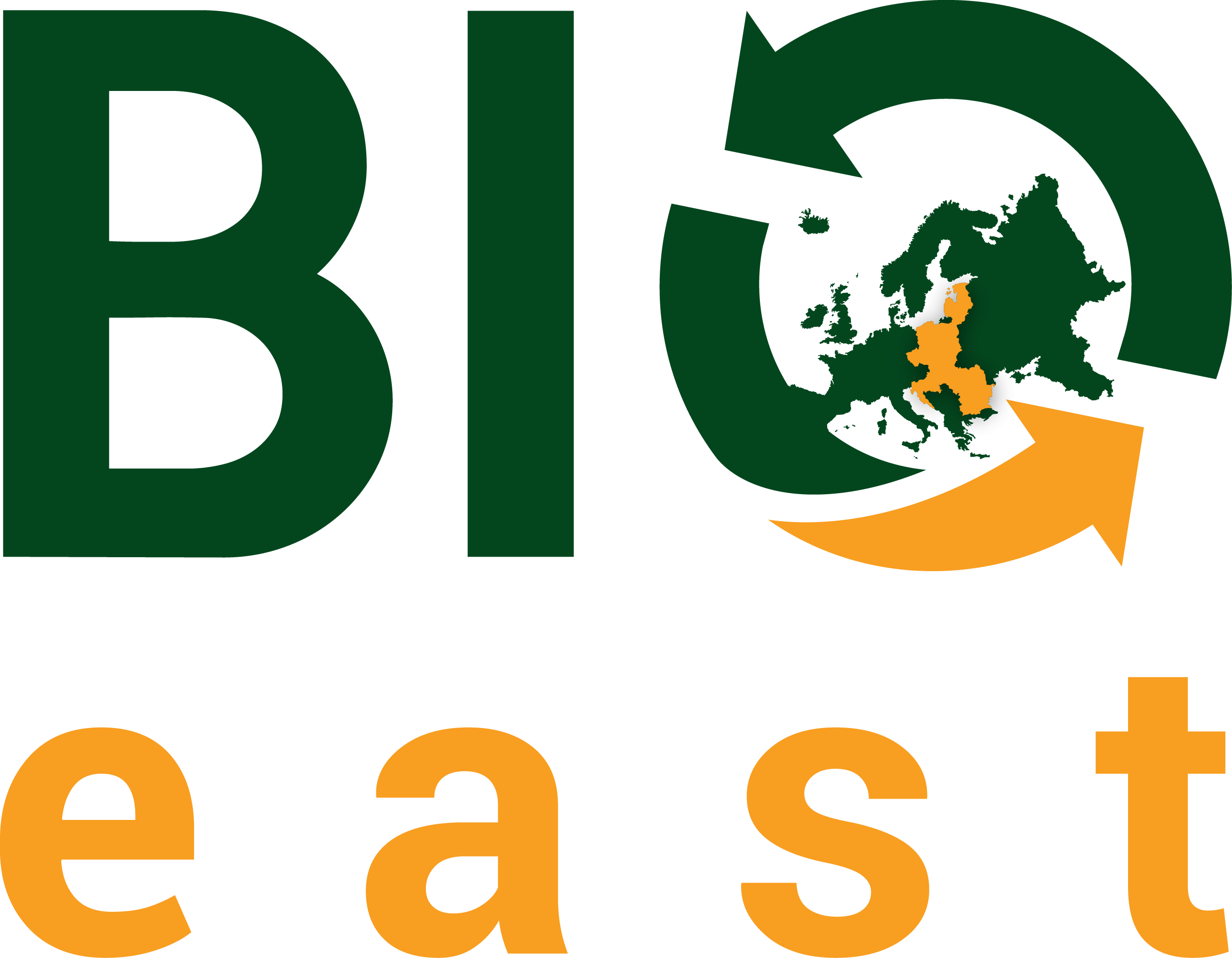New governance models to enhance nutrient pollution handling and nutrients recycling
Amid growing pressure on ecosystems from nutrient pollution and soaring fertiliser prices, recovering nitrogen and phosphorus from waste streams offers a promising solution to address both challenges. This approach not only supports the production of alternative fertilisers (and other food system inputs) at competitive costs but also contributes to cleaner soils, air, and water. The NENUPHAR project was designed to meet this challenge by developing innovative governance frameworks and value chain solutions focused on three common EU waste streams: manure, sewage sludge, and dairy wastewater. It introduces four key innovations: (i) a methodology to estimate nitrogen and phosphorus emissions from fertiliser use on soils, (ii) new governance models based on network governance principles, (iii) novel economic and financial incentives for both public and private actors, and (iv) enabling technologies for nutrient recovery from the identified waste streams. NENUPHAR’s approach will be tested in three diverse regional clusters across major river basins: the Ebro (Spain), the Lielupe (Latvia-Lithuania), and the Danube (Hungary-Slovakia), with replication efforts in two insular contexts – Cyprus and Bornholm (Denmark). The project’s demonstration phase is expected to recover 273 tonnes of nitrogen and 72 tonnes of phosphorus. Across all participating regions, there is a broader potential to treat 38.3 million tonnes of manure, 252,000 tonnes of dry sludge, and 4.3 million cubic metres of dairy wastewater. The project’s demonstration phase is expected to recover 273 tonnes of nitrogen and 72 tonnes of phosphorus. Across all participating regions, there is a broader potential to treat 38.3 million tonnes of manure, 252,000 tonnes of dry sludge, and 4.3 million cubic metres of dairy wastewater. To ensure impact and inclusivity, NENUPHAR will follow a multi-stakeholder model, involving 21 partners, including farmers, irrigators, waste managers, researchers in circular economy and agronomy, social scientists, environmental NGOs, and public authorities. The NENUPHAR project directly contributes to the advancement of the circular bioeconomy: by closing nutrient loops and reintegrating recovered nitrogen and phosphorus back into the agricultural system, the project reduces reliance on synthetic fertilisers, lowers environmental pollution, and enhances resource efficiency.
